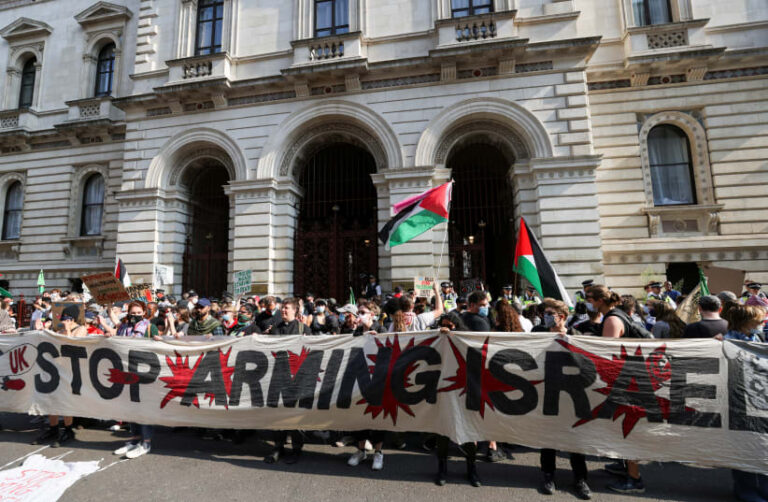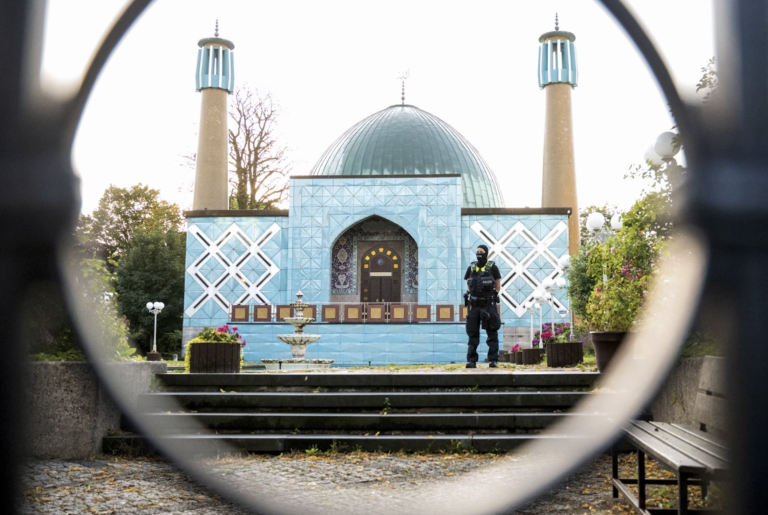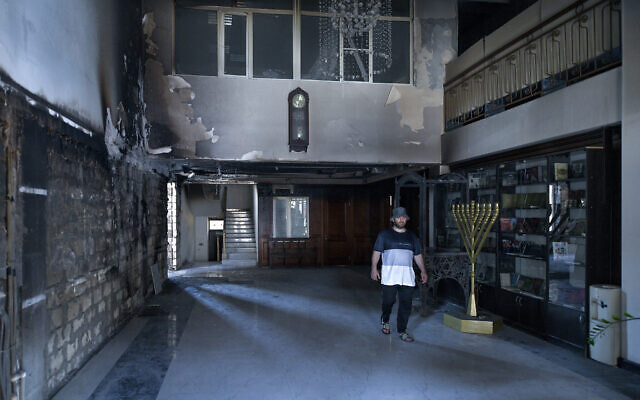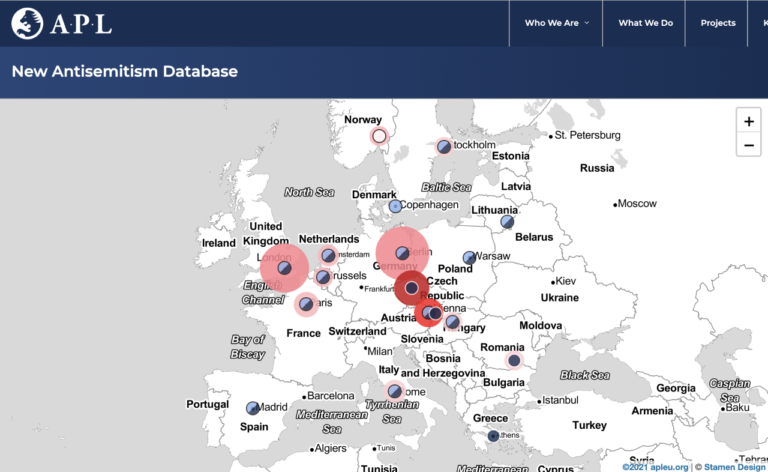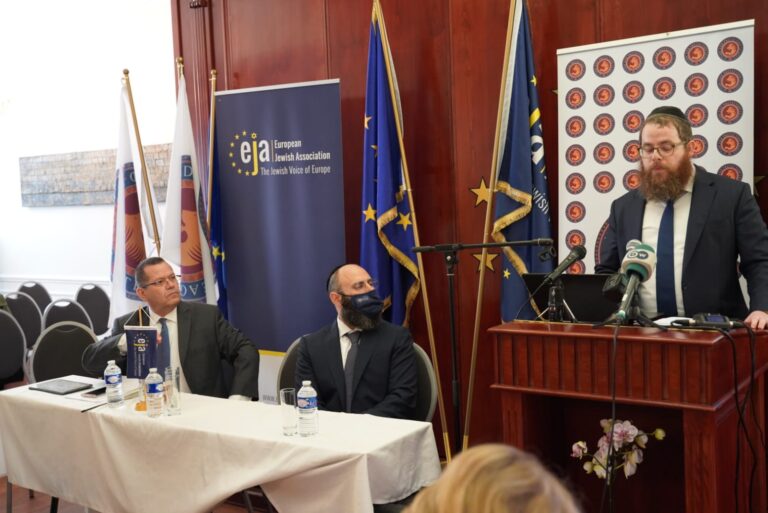Amnesty International has described the death of a Palestinian terrorist responsible for ordering the kidnap, castration and murder of a teenage Israeli as “heart-wrenching”, lamenting his “endless nightmare” and referring to him simply as a “writer”.
Walid Daqqah died of bone cancer on Sunday at age 62 in an Israeli jail. He was handed a life sentence in 1986 after being convicted of commanding members of the Popular Front for the Liberation of Palestine (PFLP) terror cell to abduct and kill 19-year-old Israeli soldier Moshe Tamam in 1984, reports The Jewish Chronicle.
Following his death, the human rights group Amnesty International issued a press release that described Daqqah as a “Palestinian writer”, noting he had been the longest-serving Palestinian prisoner in Israeli jail, having spent 38 years in prison.
Tamam, the 19-year-old victim of the PFLP, was on leave from the military when he was murdered. His body was found at the entrance to the town of Mevo Dotan in the West. He had his eyes gouged out and his body mutilated and castrated before being shot in an olive grove.
Daqqah was convicted in 1986 for life imprisonment, but his sentence was reduced to 37 years in 2012. Nevertheless, it was extended after he was convicted of smuggling phones into prison.
Erika Guevara-Rosas, Amnesty International’s senior director for research, advocacy, policy and campaigns, said: “It is heart-wrenching that Walid Daqqah has died in Israeli custody despite the many calls for his urgent release on humanitarian grounds following his 2022 diagnosis with bone marrow cancer and the fact that he had already completed his original sentence.”
She continued: “Walid Daqqah’s death is a cruel reminder of Israel’s systematic medical neglect and disregard for Palestinian prisoners’ rights. For Daqqah and his family, the last six months in particular were an endless nightmare, during which he was subjected to torture or other ill-treatment, including beatings and humiliation by the Israeli Prison Service, according to his lawyer.
Daqqah was scheduled to be released in March 2025 and had applied for early release through his lawyer on the grounds of his deteriorating health, but his request was denied.
The Tamam family constantly opposed Daqqah’s attempts for early release and said it was a victory that the murderer terrorist died in prison.
